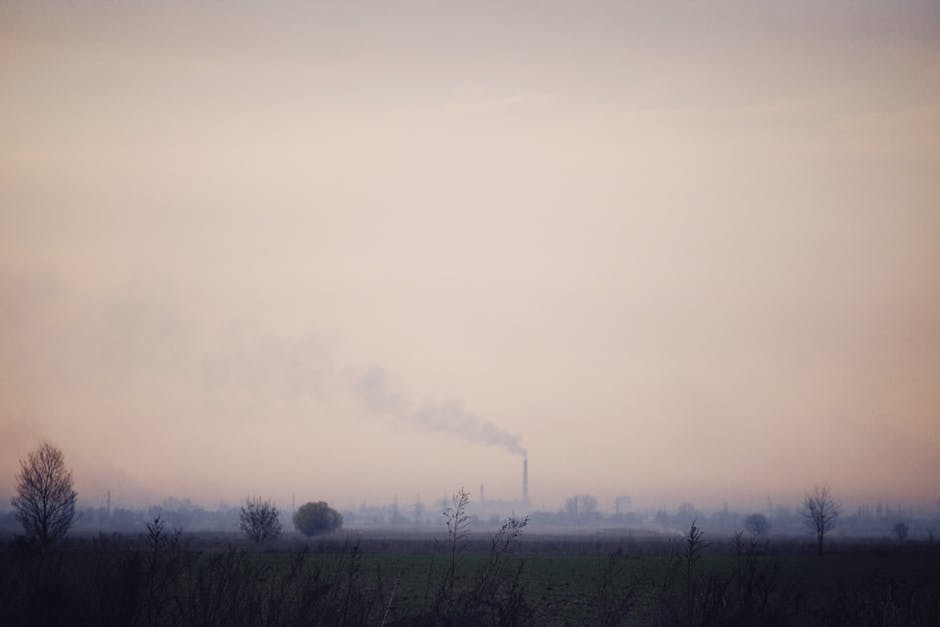Air Quality in Kurla, Mumbai: AQI Currently at 136
The air quality in Kurla, a bustling suburb in Mumbai, has recently been recorded at 136 on the Air Quality Index (AQI), placing it in the “moderate” pollution category. While this level may not pose an immediate threat to most people, it highlights the ongoing air pollution challenges in the area and its potential health risks, particularly for vulnerable groups like children, the elderly, and individuals with respiratory conditions.
Understanding the AQI
The AQI is a standardized tool used to measure and communicate air pollution levels. An AQI of 136 indicates “moderate” air quality, which means the air is generally acceptable but may pose a health risk to a small number of sensitive individuals. For most people, this level is not immediately harmful, but it underscores the need for awareness and precautionary measures.
Factors Contributing to Kurla’s Air Pollution
Several factors contribute to Kurla’s air quality issues:
– Industrial Activity: Kurla is home to numerous factories and manufacturing units that emit pollutants into the air.
– Vehicular Emissions: The area’s proximity to major highways, such as the Eastern Express Highway, leads to high levels of vehicle exhaust.
– Construction Projects: Ongoing construction activities add particulate matter to the air, worsening pollution levels.
– Weather Conditions: Calm winds and high humidity during certain times of the year trap pollutants close to the ground, resulting in higher AQI readings.
Health Risks of Moderate Air Pollution
While an AQI of 136 is not classified as “unhealthy,” prolonged exposure can lead to health issues such as respiratory discomfort, eye irritation, and cardiovascular problems. Vulnerable groups, including children, the elderly, and those with pre-existing conditions like asthma, may experience exacerbated symptoms.
Steps to Improve Air Quality in Kurla
Addressing air pollution in Kurla requires a collaborative effort. Here are some actionable steps:
1. Tighten Industrial Regulations: Enforce stricter emission standards for factories to reduce pollutants.
2. Promote Eco-Friendly Transportation: Encourage public transport, carpooling, and the use of electric vehicles.
3. Expand Green Spaces: Increase the number of parks and trees to absorb pollutants and improve air quality.
4. Raise Public Awareness: Educate residents about the dangers of air pollution and protective measures like wearing masks.
5. Enhance Monitoring: Continuously track air quality and share real-time AQI data with the public.
The Broader Air Pollution Crisis in India
Kurla’s air quality is part of a larger issue affecting many Indian cities. Cities like Delhi, Kolkata, and Chennai frequently experience “poor” to “severe” air pollution, especially during winter. Tackling this crisis demands collective action from governments, industries, and citizens.
Staying Safe in Kurla
Residents are advised to stay informed about daily AQI levels, limit outdoor activities during peak pollution hours, and take necessary precautions to protect their health. Clean air is a fundamental right, and addressing pollution is essential for the well-being of current and future generations.




